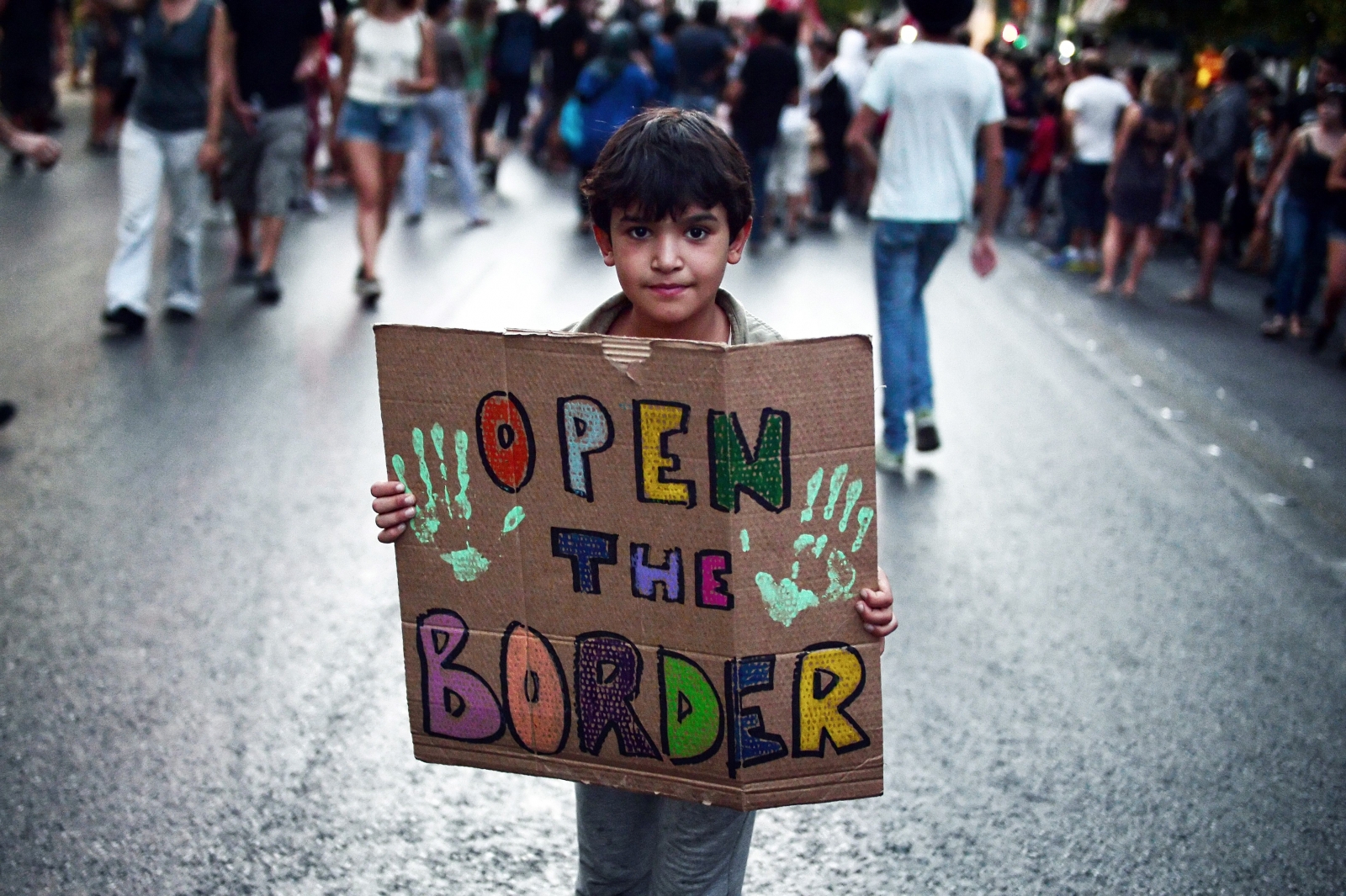Barack Obama's greatest legacy may be yet to come at the Leaders' Summit on refugees.
By Wolfgang Jamann
 |
| (Getty Images) |
We all agree that the numbers
are staggering: according to the UNHCR, on average, 24 people were forced to
flee each minute in 2015, four times more than a decade earlier. At the last
count, Greece alone was home to 57,000 displaced people, 40 per cent of them
children.
But on what to do and who
should do it is where agreement ends and polemics begin.
Closing borders or denying
asylum undermines the rule of law that underpins the security and prosperity of
Western states. They prove ineffective at solving the crisis and only reinforce
the inhumane nature of such an approach. In fact, according to research by the Tent Foundation, 81 per cent of the public surveyed felt that arriving refugees deserved
assistance yet many admit to not knowing how to help them.
Since 2011, seemingly endless
rounds of talks to try to end the Syria conflict have taken place. If the
recent New York Times article research is any indicator, a conflict of this nature now lasts on
average a decade, twice as long as the one in Syria so far – clearly, the
refugee numbers are not about to abate. So if closing the borders is wrong and
peace talks have failed, what else might work?
A look at two diverse societies in the eye of the refugee storm (Lebanon
and Germany) show that we humans really are more alike than we are different.
They also show that embedding support for integration in welcome programmes and
addressing host needs in fragile communities can help transform the refugee
crisis into a beneficial relief opportunity.
